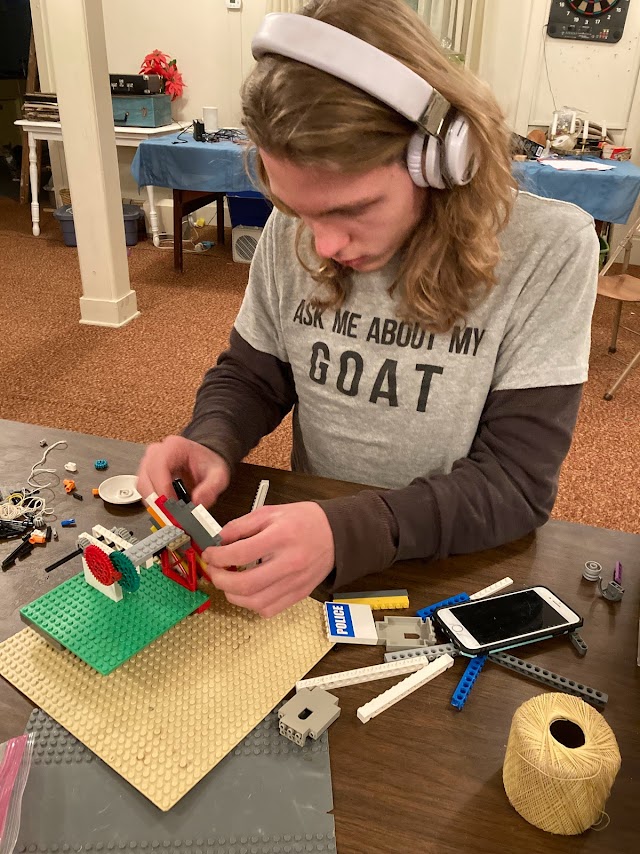
If your state requires you to keep track of time spent on core subjects or if you just need to reassure yourself or family members that your kids are learning, here are some lists of just a few of the activities that count towards subjects like social studies, math, language arts, science and more.
Language Arts/English
- Reading books or listening to read-alouds
- Writing lists, letters, stories, journal entries, etc.
- Playing spelling and reading apps and games
- Watching shows that are closed captioned or dubbed
- Practicing handwriting with calligraphy pens
- Practicing spelling with label makers, texting, etc.
- Signing holiday cards, writing out canning labels and other handwriting practice
- Listening to poetry
Math
- Doing puzzles
- Using measuring tools like tape measures and kitchen scales
- Following recipes
- Gardening (seed spacing, germination times, etc.)
- Using building sets like LEGOs
- Building, planning and designing structures in Minecraft
- Playing board games like Prime Climb and Monopoly
- Playing dice and card games
- Playing sports games like darts (321), horse (basketball), bowling, etc.
- Shopping
- Sorting and counting money
- Following woodworking plans
- Sewing and crafting
- Making graphs and charts
- Playing math apps
- Starting a savings account
- Selling things or starting a business
- Watching math related shows like Maths Mansion and Cyber Chase
Social Studies
- Playing history games like Timeline
- Watching the news or reading news apps
- Discussing current events
- Visiting historic sites
- Watching shows about history and other cultures
- Reading books about history and other cultures
- Attending cultural events
- Using maps and globes
- Talking with people from other places and time periods (like Grandpa talking about his time in the Korean War)
- Travel
Science
- Gardening and growing plants
- Cooking and baking
- Visiting science museums, zoos, aquariums, etc.
- Doing kitchen table science experiments
- Doing physics activities like making marble runs and ramps for Matchbox cars
- Stargazing and watching meteor showers
- Learning through the pregnancy, birth and infancy of new family members
- Learning through the pregnancy, birth and infancy of pets and/or livestock
- Playing with doctor kits (tip: look for inexpensive real stethoscopes, thermometers, ace bandages, etc. to make it more fun and educational)
- Reading books about science topics
- Watching shows about science topics
- Playing games like Wildcraft
- Using ID books to identify rocks, shells, leaves, flowers, birds, etc.
- Keeping a nature journal
- Bird watching
- Caring for pets (including ones like fish and ant farms)
- Starting a compost heap or wormery
- Fermenting via homemade kombucha, sour kraut, yogurt, etc.
- Foraging
- Tracking the weather, rainfall, etc.
- Reading and discussing nutritional information on labels
- Creating their own experiments
- Using science toys like Snap Circuits and Electric Playground
- Visiting pet shops, farms and other animal sites
- Making concoctions like oobklek, slime and homemade playdough
- Rock hunting and rock collections
Obviously, this is just a drop in the bucket of all the ways to learn all subjects.
Another great way to easily figure it out is to use Learning Corner’s free Subject Explorer. Enter an activity that your child has done and the AI tool will describe how they have learned specific concepts in any given subject.
This is very helpful for those who have to report or who have to teach x number of hours in various subjects.
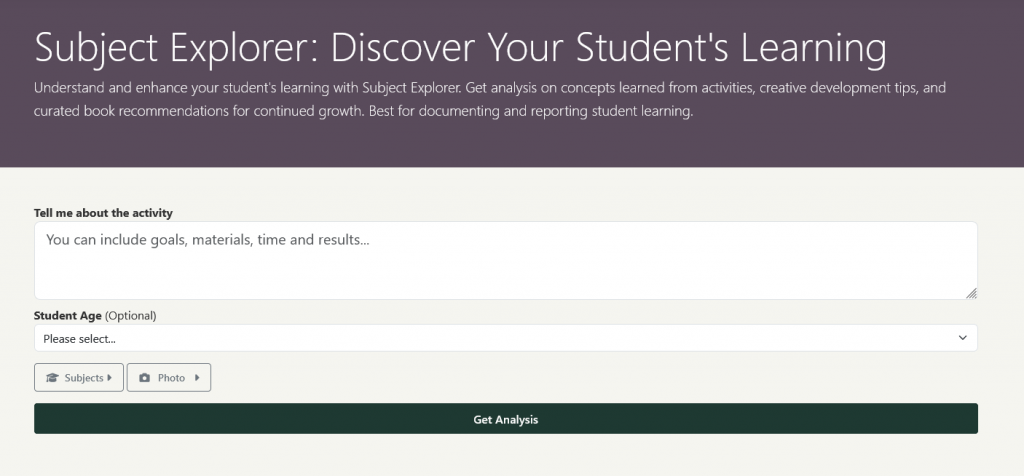
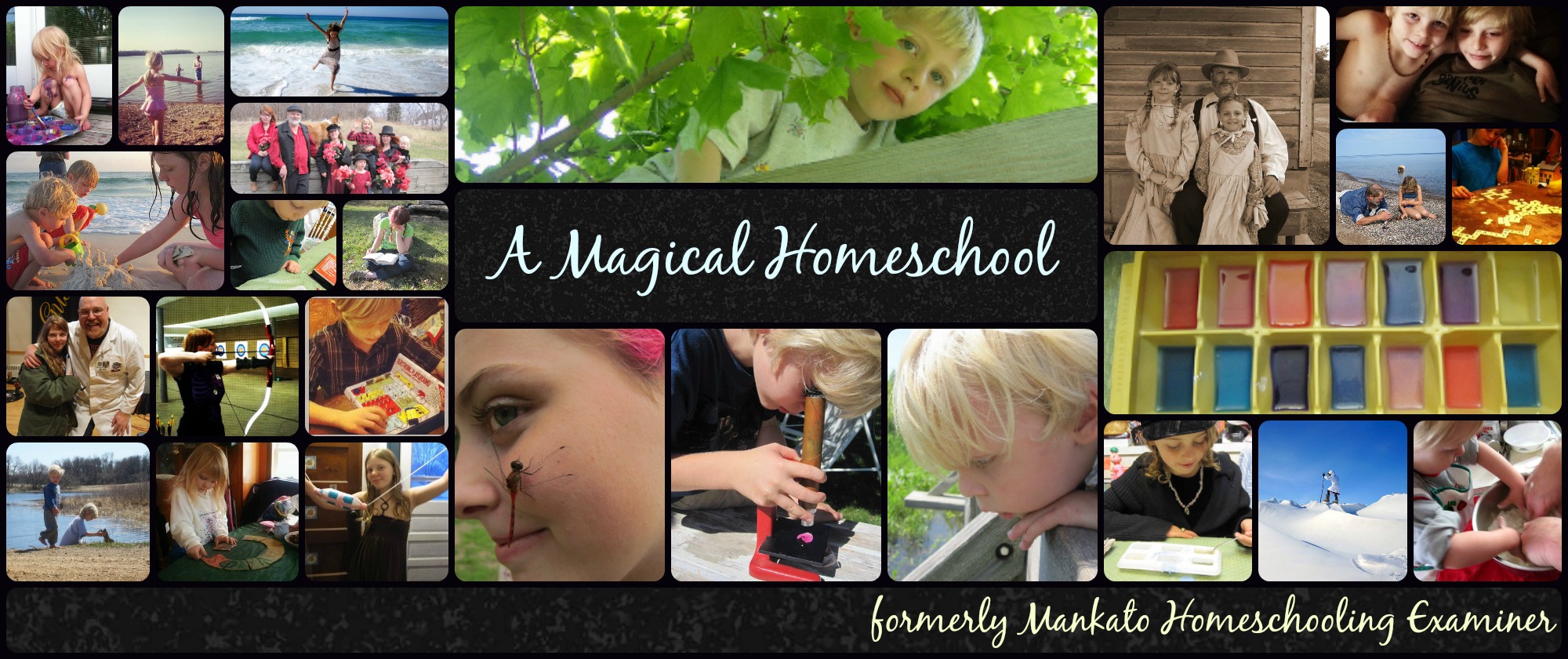

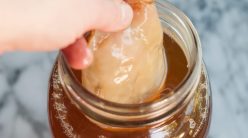

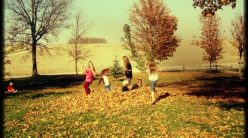
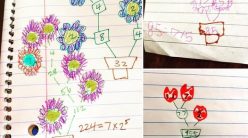
One thought on “What Is My Homeschooler Learning When…”-

Eddy
(November 26, 2025 - 9:51 pm)What a wonderfully thoughtful and reassuring post. You’ve done a beautiful job of showing how everyday activities — from cooking and gardening to games and reading — can be meaningful learning opportunities for a homeschooler. Your perspective reminds us that education doesn’t have to look like a traditional classroom to be rich, engaging, and valuable. Thank you for offering such a practical and heartfelt resource for parents and learners alike.